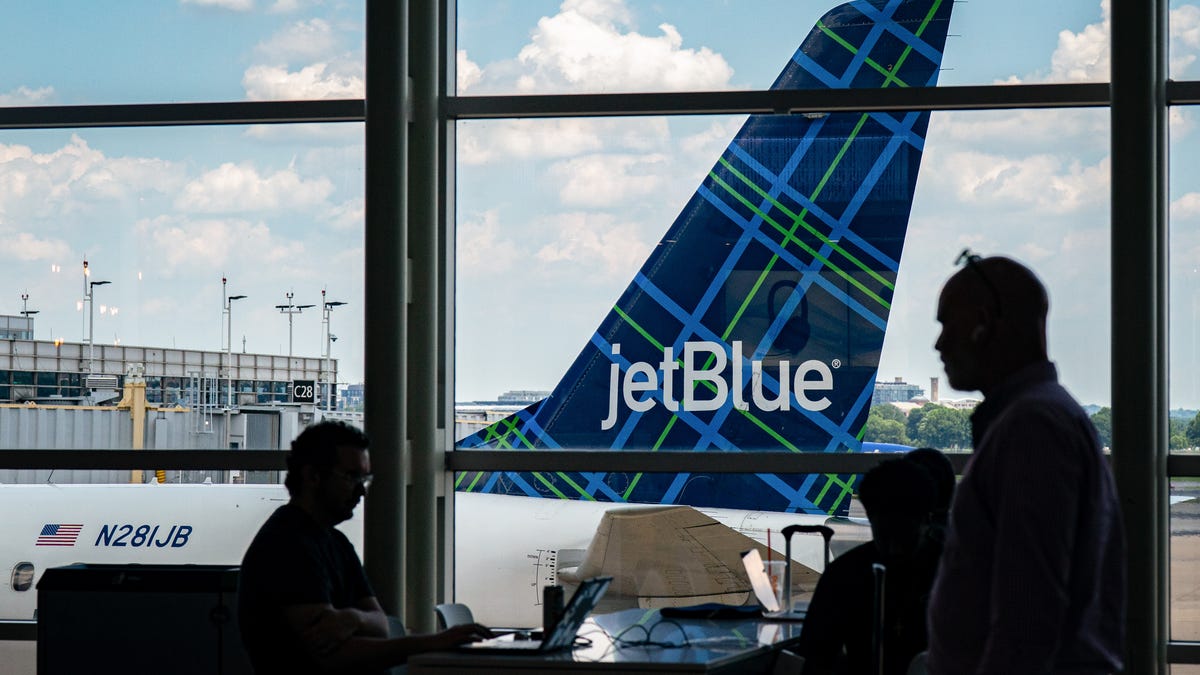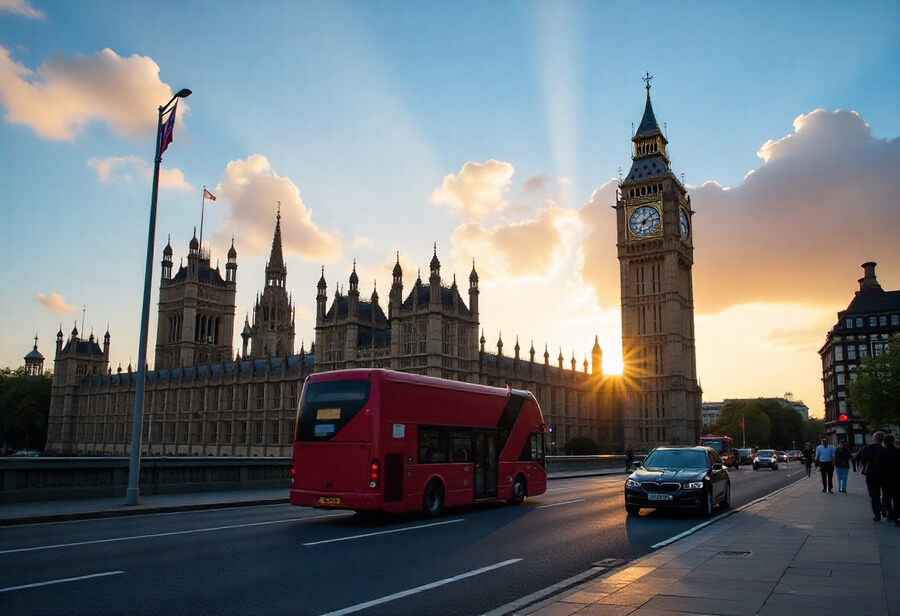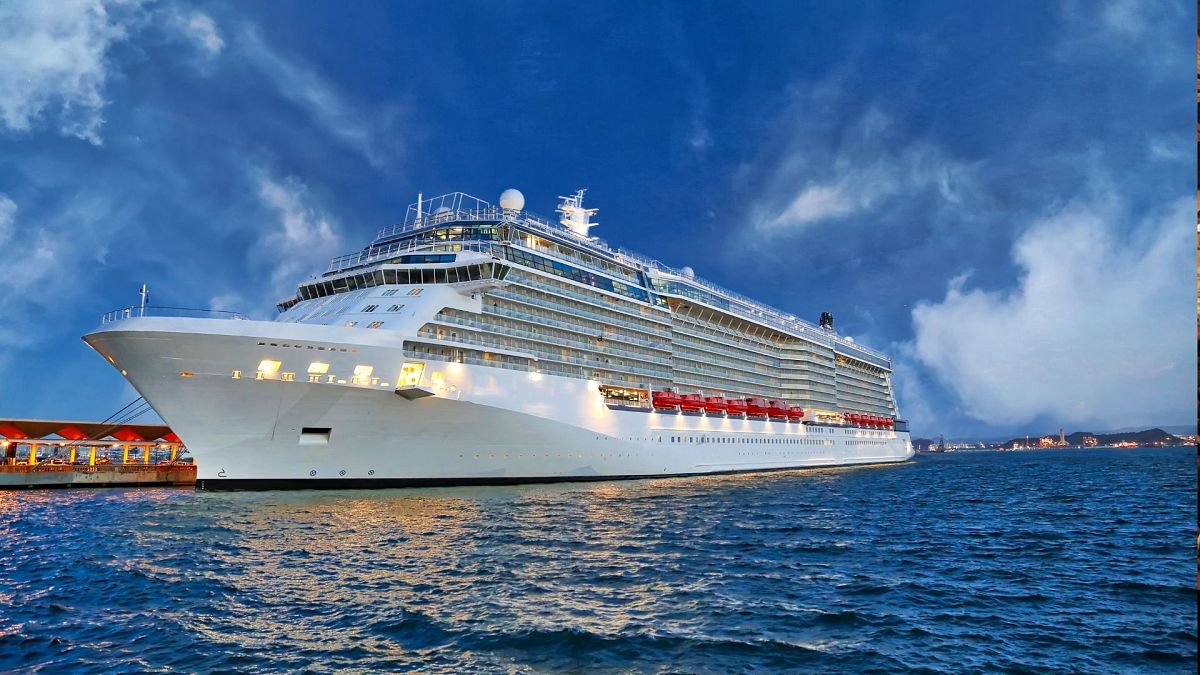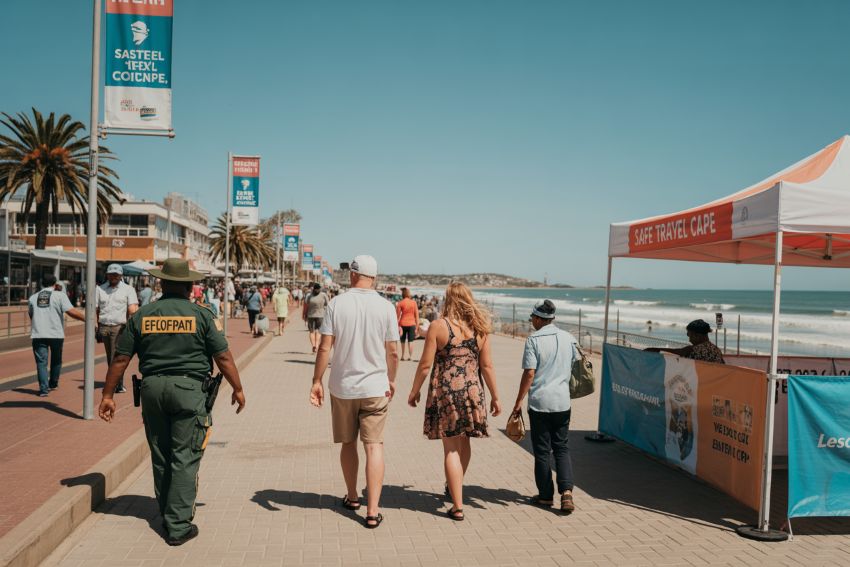Mexico Joins Egypt, Colombia, Ecuador, India, Turkey, Indonesia, Saudi Arabia And More As Canada Issues New Travel Advisory Amid Ongoing Security Challenges And Border Disputes

Published on
October 23, 2025

Canada‘s most recent travel advisory calls upon its citizens to practice increased caution during travels to Mexico, Egypt, Colombia, Ecuador, India, Turkey, Indonesia, and Saudi Arabia which are all experiencing considerable levels of violence, political strife, and border clashes. These situations ultimately affect the safety of travelers. The advisory also mentions the threats posed by crime, terrorism, and military confrontations in close ranges of contentious borders. When traveling to these and other volatile regions, it is best to follow the local authorities and other reliable sources to remain safe.
Canada has recently updated its travel advisory, urging citizens to exercise heightened caution when traveling to a number of countries due to escalating security risks. This comprehensive advisory covers regions and cities in Mexico, Egypt, Colombia, Ecuador, India, Turkey, Indonesia, and Saudi Arabia, all of which are currently facing significant threats to safety, stemming from political instability, civil unrest, and other factors. Travelers are encouraged to stay informed, follow local guidelines, and be mindful of potential risks when planning their trips.
Mexico: High Crime and Violence Levels Across Regions
Canada’s travel advisory for Mexico highlights the increasing levels of violence and organized crime across the country. Violent clashes between rival criminal groups have been reported in cities like Culiacán and Mazatlán, where armed gangs have targeted civilians and interrupted transportation routes. The advisory advises travelers to exercise extreme caution and limit movements in these areas, while monitoring local media for updates.
Particular attention is drawn to the regions of Chiapas, Chihuahua, Colima, Guerrero, and Jalisco, where high levels of crime and violent gang activity persist. Some areas, however, are deemed safer, including popular tourist destinations such as Palenque and Tuxtla Gutiérrez, which are accessible through safe routes. The advisory also highlights the presence of organized criminal groups, including drug cartels, which frequently engage in violent clashes and target areas like restaurants, hotels, and nightclubs, places commonly frequented by tourists.
Travelers are urged to avoid non-essential travel to border areas, where violent confrontations between criminal groups and Mexican security forces are ongoing. Furthermore, petty crime such as pickpocketing and purse snatching remains a significant threat, particularly in tourist hubs like Mexico City, Cancún, and Guadalajara. Authorities have issued additional warnings about armed robberies on highways and advise against traveling at night.
Egypt: Ongoing Terrorism Threats and Regional Instability
In Egypt, the situation is marked by political tensions, ongoing military operations, and a persistent threat of terrorism. Canada has advised against all travel to regions in North Sinai and areas close to the border with Libya, where terrorist activities and armed group presence are prevalent. The ongoing conflict between Egyptian forces and terrorist groups in these regions continues to endanger both locals and travelers.
The Western Desert and parts of South Sinai also remain high-risk areas, due to the presence of armed groups involved in smuggling and other illegal activities. Violent crime targeting tourists has been reported in both urban centers and rural locations, including areas near the Pyramids of Giza and Cairo, where terrorist attacks have taken place in recent years. Terrorist groups have also targeted places of worship and tourist sites, resulting in civilian casualties.
Canadians planning to visit popular destinations like Sharm el-Sheikh and Luxor are advised to stay vigilant and follow local guidance. Authorities have implemented significant security measures in tourist resorts, but the overall security situation remains unpredictable. Travelers should avoid non-essential travel to North Sinai, Cairo, and rural areas prone to conflict. Monitoring local media for updates and adhering to local authorities’ instructions are highly recommended.
Colombia: High Crime and Violence in Border Regions
In Colombia, the threat of violent crime and the presence of illegal armed groups continue to be a significant concern. The Canadian government has issued a travel advisory urging citizens to exercise a high degree of caution when traveling to several regions of the country. Border areas with Venezuela, Panama, and Ecuador are especially risky, with incidents of kidnapping, extortion, and drug-related violence regularly reported.
Gang-related violence is also prominent in cities like Bogotá, Medellín, and Cartagena, where armed robberies and kidnappings can occur. Particularly vulnerable are foreigners, who are often targeted by criminal organizations through online dating apps, where they are lured into meetings and subsequently robbed or kidnapped. Scopolamine, a drug used to incapacitate victims, has been linked to several such incidents.
To mitigate risks, Canadian travelers are advised to avoid isolated areas, especially after dark, and to be cautious in crowded places such as malls, restaurants, and public transportation. The country has been grappling with organized crime, which, while not directly targeting tourists, can still result in innocent bystanders being caught in violent disputes.
Ecuador: Gang Violence and Ongoing Security Challenges
The travel advisory for Ecuador comes amid rising gang violence and the threat of terrorism in specific regions. The Canadian government advises against all travel to areas near the Colombian and Peruvian borders, including provinces like Carchi, Esmeraldas, and Sucumbíos, where criminal activity related to drug trafficking and smuggling is prevalent.
In addition to the border risks, the country is facing gang violence in cities like Guayaquil and Quito, where armed robberies and violent clashes between criminal groups and security forces are common. A state of emergency has been declared in several provinces, and authorities have imposed curfews to combat gang-related violence.
The Canadian government urges travelers to stay away from public gatherings and demonstrations, as they may turn violent. Kidnapping, especially express kidnappings, is a concern in major cities, where criminals target both locals and foreigners. Travelers are advised to use secure accommodations, avoid large crowds, and exercise caution in tourist hotspots.
India: Terrorism, Militancy, and Regional Tensions
India presents a complex security landscape, with ongoing terrorism and militancy issues, especially in the Union Territory of Jammu and Kashmir and parts of northeastern India. Canada’s advisory strongly urges Canadians to avoid all travel to Jammu and Kashmir due to the region’s unpredictable security situation and the risk of terrorist attacks targeting both military and civilian infrastructure.
The northeastern states of Assam and Manipur are also marked as high-risk areas, due to the presence of insurgent groups involved in violent clashes with security forces. The border regions with Pakistan, particularly in Gujarat, Punjab, and Rajasthan, are also considered dangerous, with the risk of cross-border shelling and landmines. Tensions between India and Pakistan, particularly in regions along the Line of Control (LoC), add to the volatile security situation.
Canada urges travelers to remain vigilant, avoid public demonstrations, and follow local authorities’ instructions. The risk of terrorist attacks in public places and transportation hubs is also heightened, especially during political or religious events.
Turkey: Terrorism Threats and Civil Unrest
In Turkey, the Canadian government advises against all travel to regions near the Syrian and Iraqi borders, due to the ongoing threat of terrorism and military operations. Extremist groups have targeted border areas, carrying out drone attacks and bombings, making these areas particularly dangerous. The southeastern provinces, such as Hakkari and Şirnak, are also under caution, with clashes between terrorist groups and Turkish security forces common.
Terrorist attacks have occurred in major cities like Istanbul and Ankara, where crowded places such as restaurants, shopping centers, and transportation hubs are vulnerable to attacks. Public gatherings and political demonstrations in Turkey have the potential to turn violent, and travelers are urged to avoid such events. While tourist destinations like Istanbul remain popular, travelers are advised to stay cautious, especially during religious holidays or public celebrations, as these events can be targets for terrorist groups.
Indonesia: Terrorism and Violent Crime
Indonesia faces the ongoing threat of terrorism despite the efforts of the Indonesian government to counteract extremist groups. The Papua region is particularly risky, where militant groups have carried out violent incidents and threatened foreign nationals. Other areas, including Bali and Jakarta, while popular with tourists, also face risks of terrorism, with attacks targeting tourist spots, nightclubs, and public places.
Canada’s travel advisory recommends non-essential travel to Indonesian Papua and urges travelers to stay vigilant in Jakarta, where demonstrations and civil unrest can occur unexpectedly. Kidnapping remains a risk, particularly in Aceh and Papua, where foreign travelers have been targeted.
Saudi Arabia: Ongoing Regional Conflicts and Security Threats
In Saudi Arabia, the Canadian government advises extreme caution, particularly near the Yemen border, due to the ongoing armed conflict and the risk of violent clashes spilling over into Saudi territory. The northern and southern borders with Iraq and Yemen are considered high-risk zones, with terrorist groups using the porous borders to carry out attacks on military and civilian targets.
Travelers are advised to stay updated on regional tensions and monitor local media for the latest security information. The risk of terrorist attacks targeting government buildings, airports, and tourist destinations remains high, especially during religious holidays and public celebrations. Demonstrations are rare but can occur, often leading to violent clashes with authorities.
Canada has released a new travel advisory for Mexico, Egypt, Colombia, Ecuador, India, Turkey, Indonesia, Saudi Arabia, and others, due to increasing hostile security situations, violence, and ongoing border issues.
Conclusion: Stay Vigilant and Informed
Canada’s latest travel advisory serves as a critical reminder of the importance of staying informed and exercising caution when traveling to high-risk regions worldwide. Countries like Mexico, Egypt, Colombia, Ecuador, India, Turkey, Indonesia, and Saudi Arabia face complex security challenges ranging from political instability to terrorism, organized crime, and violent civil unrest. Travelers are encouraged to stay updated through local media, follow government guidance, and ensure they take the necessary precautions to protect their safety.
link







